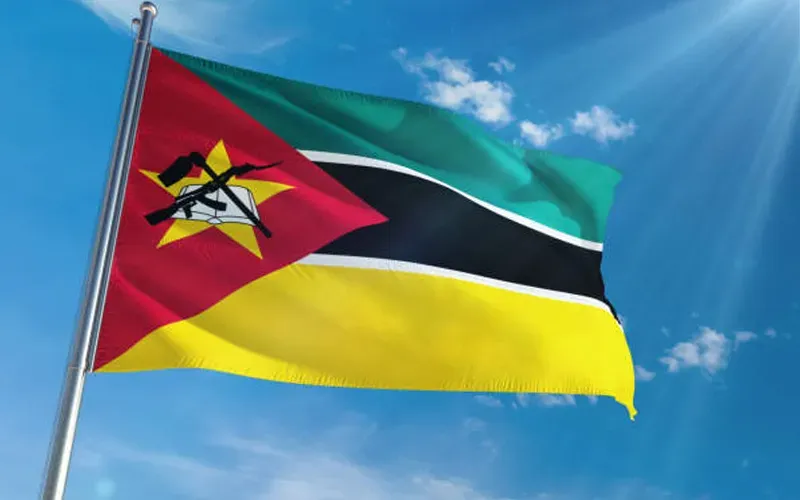Maputo, 13 August, 2021 / 9:09 pm (ACI Africa).
Catholic peace and charity foundation, Denis Hurley Peace Institute (DHPI), has reported the increased militarization of the ongoing conflict in Mozambique’s Cabo Delgado Province, in which civilians are kept in the dark concerning the amount of damage caused in the military engagement with insurgents in the embattled region.
In a report shared with ACI Africa Wednesday, August 11, the leadership of the Catholic peace entity highlights gains made last weekend as Rwandan and Mozambican soldiers reclaimed the town of Mocimboa da Praia in Northern Mozambique.
DHPI officials say that the town had previously been claimed by the Ansar al Sunna insurgents, also referred to as Al-Shabaab, adding, “This despite the fact that the Government of Mozambique never having admitted that Mocímboa da Praia was in the hands of the insurgents.”
“The joint forces took control of both public and private buildings in Mocimboa da Praia, including government offices, the airport, hospital, schools, market and the port, which the insurgents were using as a base for easy transport of goods and people on the water,” the leadership of the entity of the Southern African Catholic Bishops’ Conference (SACBC) reports.
The leadership of the Catholic entity notes that all gains notwithstanding, none of the forces involved in the military offensives is open enough concerning the amount of loss caused by the offensive.








